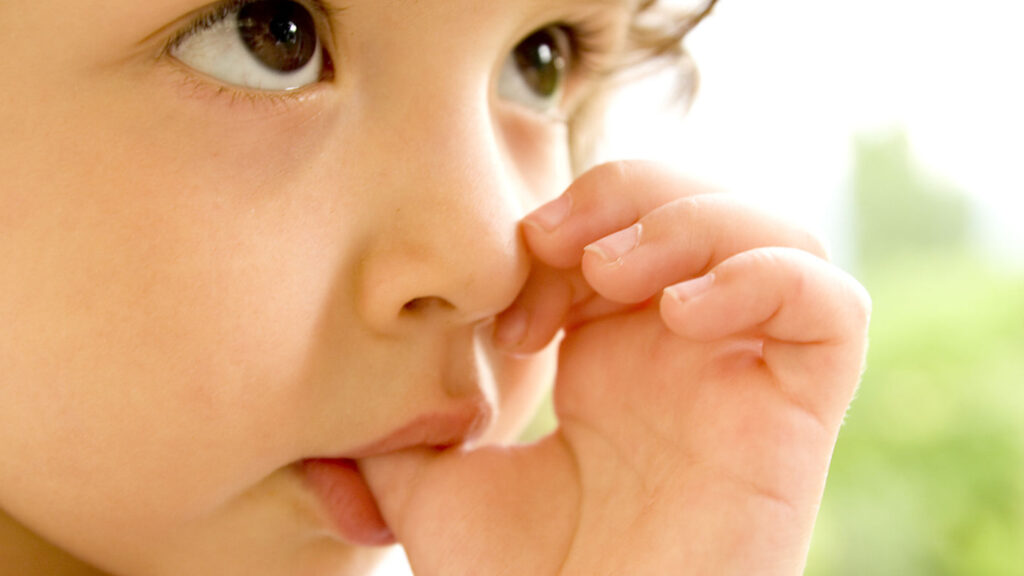
In the intricate symphony of oral and facial muscles, disruptions can lead to a myriad of challenges known as Orofacial Myofunctional Disorders (OMDs). From infancy through adulthood, these disorders manifest in various forms, impacting not just oral function but also broader aspects of health and well-being. Understanding their nature, causes, and treatment is crucial for promoting optimal oral health and overall quality of life.
Orofacial Myofunctional Disorders (OMDs) are conditions involving the patterns of muscles in the mouth and face, which can affect normal growth, development, or function. These disorders can occur in children, teens, and adults and may be influenced by learned behaviors, physical factors, genetics, and environmental factors.
Does your child keep sucking their thumb and fingers? It is one of the common examples of Orofacial Myofunctional Disorders:
Orofacial Myofunctional Disorders can stem from various factors, including airway problems, chronic sucking habits, or structural differences in the mouth and face. Tongue positioning and breathing patterns also play a role in Orofacial Myofunctional Disorder development.
Clinicians evaluate facial and oral structures, observe swallowing and speech patterns, and assess tongue and lip movements. Tasks like diadochokinetic exercises and assessing oral rest posture help in understanding the client’s condition.
Therapy can start as early as age 4 to address potential causes like nasal breathing issues or tongue ties. Children aged 5 and above are ideal candidates for habit elimination programs, while teens and adults of any age can benefit from therapy.
Untreated Orofacial Myofunctional Disorders in children can lead to long-term issues such as breathing difficulties, dental problems, speech impairments, and social challenges (loud chewing…). Speech therapy aims to prevent these complications and promote healthy oral development and function of oral facial structures such as the jaw, temporomandibular joint…
Some of the main benefits of Orofacial Myofunctional Disorders therapy for children and adults alike, are the following:
Studies show that Orofacial Myofunctional Disorder treatment can be highly effective (80-90%), with corrections often lasting years after therapy completion.
Orofacial Myofunctional Disorder therapy is personalized to address each patient’s specific needs, focusing on normalizing muscle function and creating a healthy oral environment. Therapists work on establishing proper breathing, chewing, and swallowing patterns, as well as addressing harmful oral habits and speech issues.
In the intricate tapestry of orofacial function, understanding, and addressing Orofacial Myofunctional Disorders is pivotal for unlocking the full potential of oral health and overall well-being. Through early intervention, targeted therapies, and collaborative care, we can harmonize the intricate symphony of oral and facial muscles, paving the way for a lifetime of oral harmony and vitality.
At TBC, our speech therapists in Dubai are trained to help your children or your adult loved ones treat Orofacial Myofunctional Disorder. Contact TBC for more details.